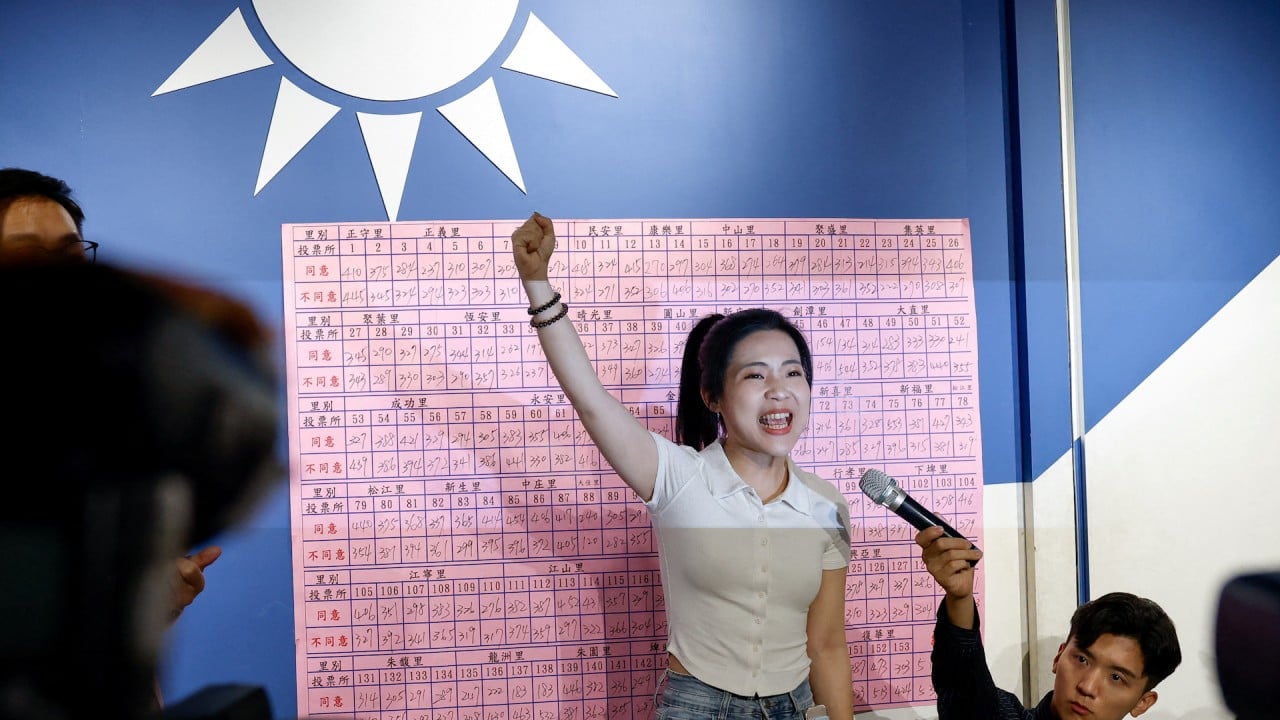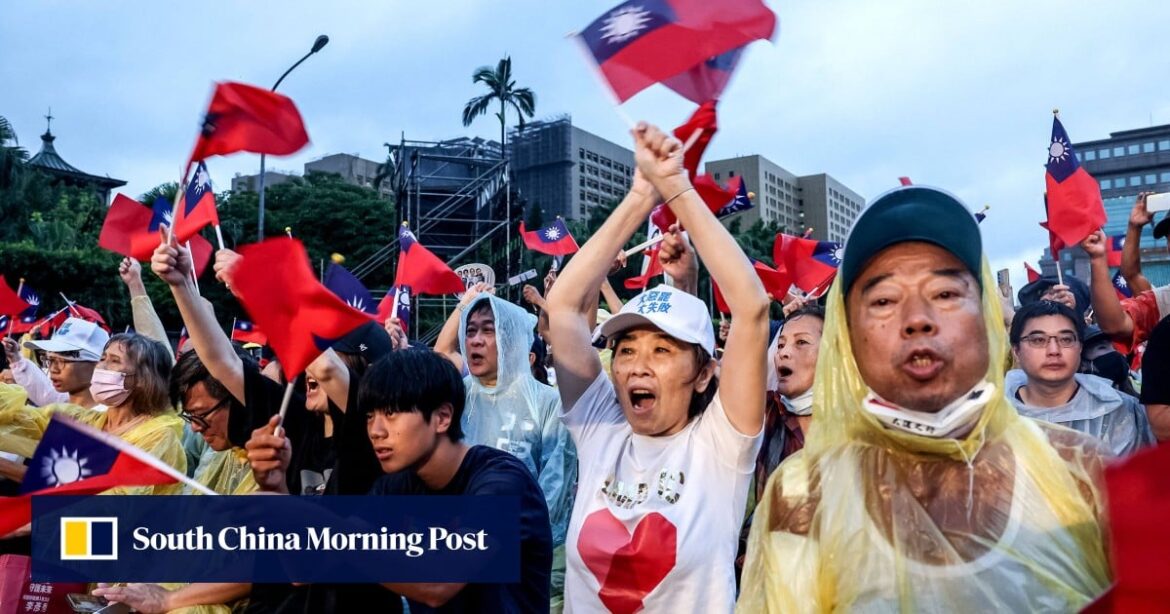An unprecedented wave of criticism from Japan’s major newspapers against William Lai Ching-te has sparked debate over whether Tokyo is losing trust in the popularly elected Taiwanese leader just over a year into his term.
The “extraordinary” media backlash followed the failed July 26 mass recall vote targeting opposition lawmakers, which was initiated by Taiwan’s civil groups but publicly endorsed by Lai’s ruling Democratic Progressive Party (DPP).
The recall bid was roundly rejected by voters, with all 24 targeted lawmakers from the main opposition Kuomintang (KMT) retaining their seats. The results delivered a political blow to the Lai administration, dashing any DPP hopes of regaining a legislative majority and also drawing scrutiny from Japanese media – traditionally seen as friendly to Taiwan.
Japan’s largest daily the Yomiuri Shimbun published a sharply worded editorial days later, dismissing the legitimacy of the recall campaign and accusing the DPP of trying to “eliminate opposition parties”.
The August 1 article, titled “Taiwan holds recall vote, attempt to exclude opposition rejected”, urged Lai to “heal social rifts through dialogue rather than deepen partisan conflict” while concluding that his administration bore “significant responsibility” for the debacle.

02:41
All 24 opposition Kuomintang lawmakers in Taiwan survive mass recall campaign
All 24 opposition Kuomintang lawmakers in Taiwan survive mass recall campaign
The editorial sent shock waves through Taiwan-watchers in Japan – but more was to follow.


AloJapan.com